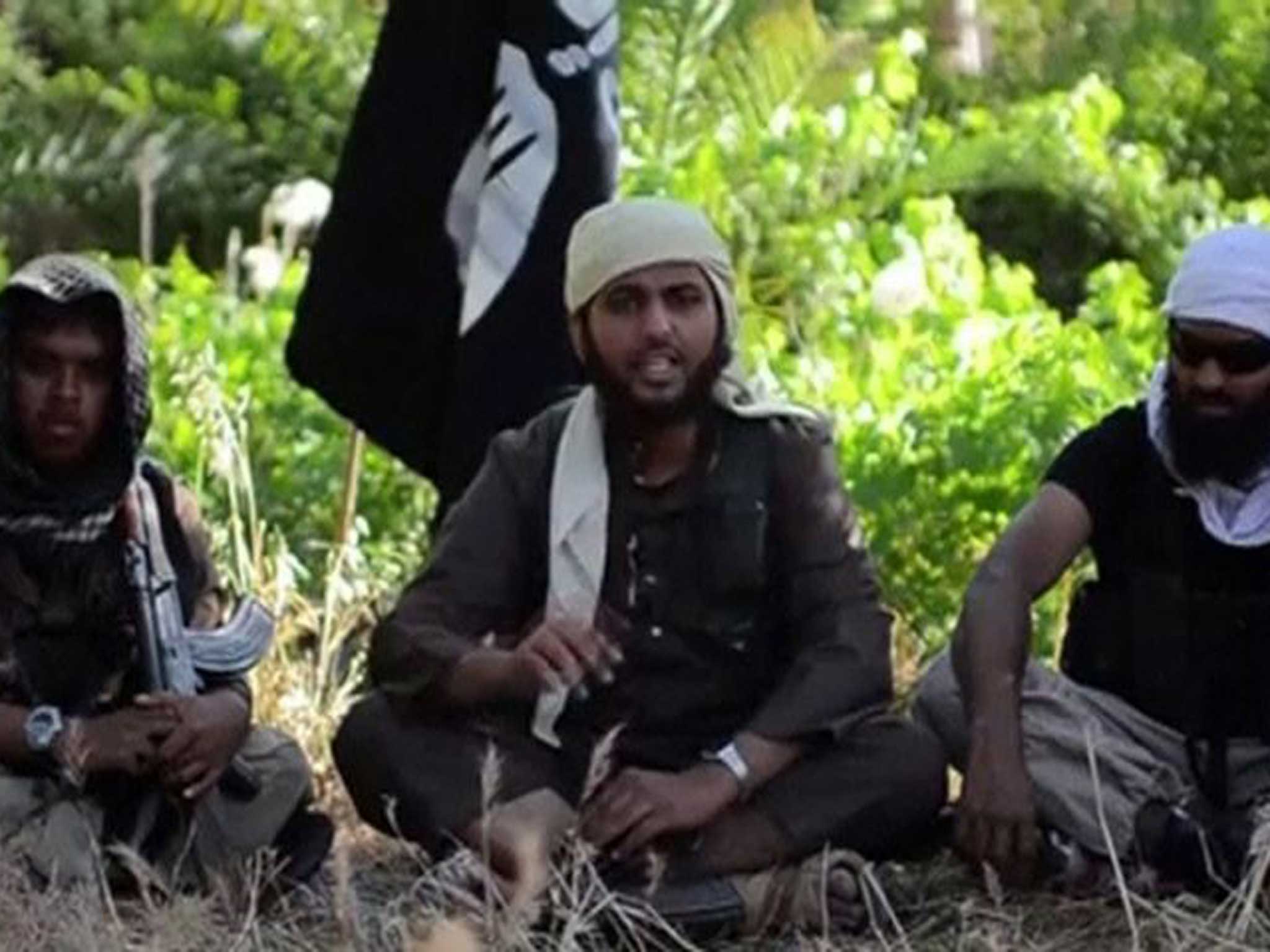Radicalised Muslims in UK more likely to be born in Britain, rich and depressed
Youths from families with deep British roots more susceptible than recent migrants, finds study

Young British Muslims whose families have lived in the UK for generations are more at risk of radicalisation than recent migrants to Britain, according to new research which reveals the common characteristics of those most vulnerable to recruitment by terrorists.
Suffering from depression, being financially comfortable and being socially isolated were also common factors amongst those sympathising with terrorism, the University of London study found.
More than 600 Muslim men and women living in Britain aged 18 to 45 were asked detailed questions about their lives and views. Their risk of radicalisation was calculated according to a score of sympathy or condemnation they gave towards 16 terrorist actions, such as the use of suicide bombs to fight injustice.
Those showing the strongest condemnation towards violent protest and terrorism appeared to be frequently in touch with more friends and family. Recent migrants to Britain in poor physical health were also amongst the most likely to be critical.
Kamaldeep Bhui, lead author of the study and professor of cultural psychiatry and epidemiology at Queen Mary University of London, said: “Migrant groups are much stronger in condemning terrorism. I think the most compelling argument for this is that recent migrants are dealing with a hard struggle and they’ve invested in coming here.
“They’ve got adversity to deal with and are not in a position where they can indulge some of the ideas of grievance. Whereas people born and brought up here probably take for granted the security and safety where they live and the education and support.”
Those surveyed were of Muslim heritage living in East London and Bradford. Those in the Bangladeshi community were most likely to condemn acts of terrorism strongly.

Being comfortably off was also a factor in sympathy for terrorist acts but not in the way researchers expected. Those who were least happy with their local area, feared their neighbourhood and saw violence in the community were actually more resistant to radicalisation.
Mild depressive symptoms were more common among those showing the most sympathy towards violent protest and terrorism. As well as causing a sense of hopelessness and a more pessimistic outlook on life, depression is also linked to social isolation – which can exacerbate extreme views.
But Dr Erin Marie Saltman, senior researcher at the counter-extremism think-tank Quilliam, counselled caution. “What you don’t want to see is policy that specifically targets a minority age-specific group. That becomes very dangerous,” she said. “You don’t want to go up to a 19-year-old second or third-generation British Muslim and say ‘you’re prone to radicalisation’.
“We see females go out and become wives of jihadists and we see white people with no Muslim background who’ve gone to help jihadists. What you need to work on are the roots… we need to be teaching young people to have critical digital consumption habits and debunk myths about ideology.”
Join our commenting forum
Join thought-provoking conversations, follow other Independent readers and see their replies
Comments